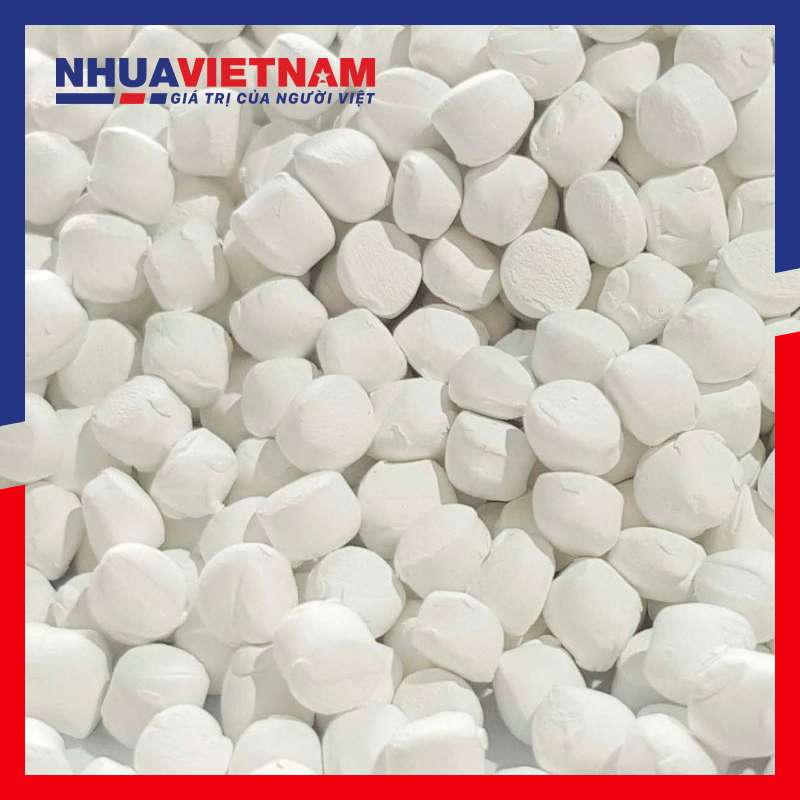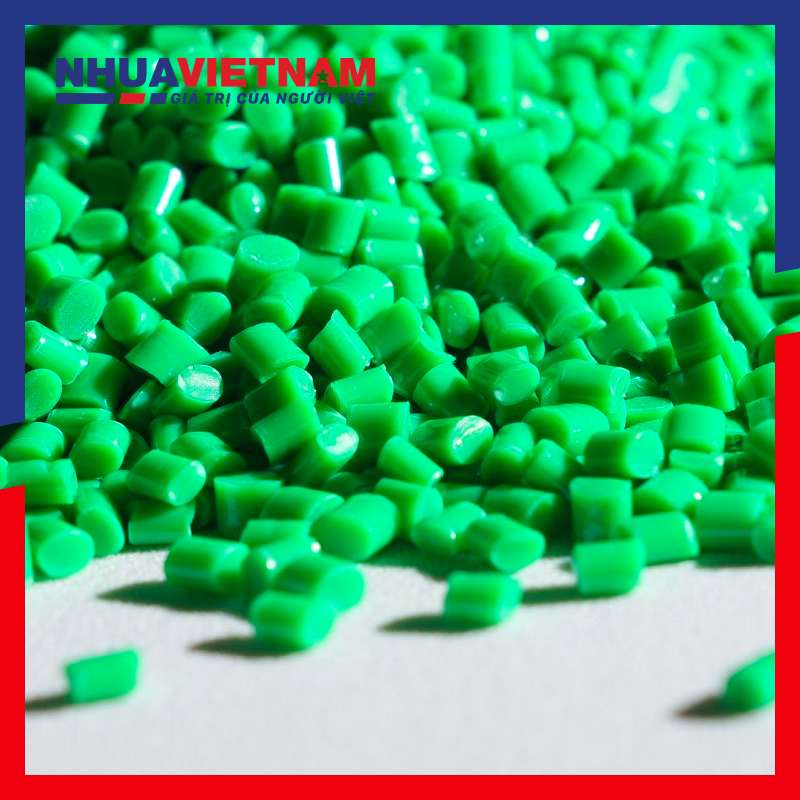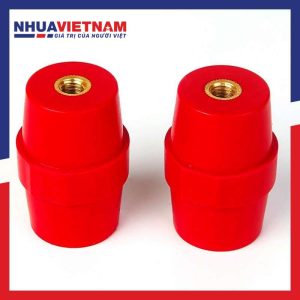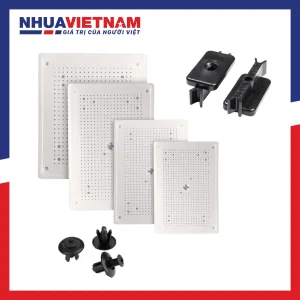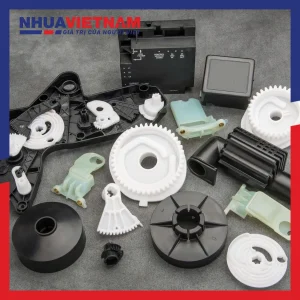Description
Plastic resin refers to small, bead-like granules, typically white or transparent, used as the primary raw material in plastic production. During processing, these granules are blended with color masterbatches, fillers such as CaCO₃, and additives to create final products that meet specific requirements. Depending on the polymer type and compound formula, plastic resin can be used to manufacture bottles, plastic bags, household items, or high-precision components in the automotive, electronics, and medical sectors. As the fundamental input, plastic resin determines the properties and overall quality of plastic products.
Types of Plastic Resin
Plastic resin is classified based on its origin and lifecycle into two main categories: virgin resin and recycled resin.
Recycled Plastic Resin
Recycled resin is derived from plastic waste such as used bottles, household items, or defective machinery. These materials are collected and processed at recycling facilities, where they are shredded, melted at high temperatures, and extruded into pellets or fibers. Common types of recycled resin include PP, PE, ABS, and PVC.
Virgin Plastic Resin
Virgin resin is produced directly from petroleum through fractional distillation. It is a pure, unused material free of additives or contaminants. These resins are typically white but can be blended with masterbatches to achieve vibrant colors. Popular recycled resin types include PA66, PP, ABS, POM, PA, PMMA, and PC.
Technical Resin Products at Nhua Viet Nam
PA66 Resin
PA66 Resin (Polyamide 66) is a high-performance engineering plastic with excellent hardness, impact resistance, crack resistance, and thermal stability—ideal for durable mechanical components. It also offers electrical insulation, high wear resistance, and temperature endurance up to 265°C. PA66 is easy to machine using cutting, turning, or milling, making it suitable for mass production.
Chemically, it resists seawater, solvents, oils, and harsh environments. Its main drawback is high moisture absorption, which may affect dimensional and dielectric stability in humid conditions.
PA66 is also difficult to color, limiting its aesthetic use. Applications include gears, bearings, door handles, gearbox housings, and under-the-hood components in automotive manufacturing, as well as sockets, switches, connectors, and housings in electronics. Its self-lubricating and anti-wear properties also make it suitable for looms, pumps, turbines, and industrial fans.
PA6 Resin
PA6 Resin (Polyamide 6) is known for its toughness, high impact strength, and excellent crack resistance. It performs well in high-friction environments and can handle continuous loads. PA6 resists heat, is self-extinguishing, and offers effective fire safety.
Chemically, it withstands many solvents, oils, greases, and mild acids. PA6 also provides strong insulation, a smooth surface finish, and is easy to mold—making it ideal for high-precision applications.
It is widely used in automotive fuel filters, engine covers, reservoirs, and control systems. In electronics, it is applied in transformers, semiconductor containers, and high-frequency heating devices. In the medical field, PA6 is used for blood transfusion tubes, surgical sutures, suction tubes, and single-use medical tools due to its high purity.
ABS Resin
ABS Resin (Acrylonitrile Butadiene Styrene) is a common virgin plastic with a natural white or milky appearance. It features high rigidity, electrical insulation, excellent impact resistance, and chemical stability.
ABS is easy to mold and form, supporting a variety of product designs with high surface finish. In electronics, it is used for computer casings, TVs, printers, switches, and sockets. In automotive, ABS is found in door handles, dashboards, mirror covers, and interior components—thanks to its lightweight, strength, and formability. Its versatility and performance make it an ideal material for both industrial and consumer products.
PC Resin
Polycarbonate (PC) is a thermoplastic that melts at around 155°C and retains its properties even after repeated heating and cooling, unlike thermosetting plastics that harden permanently after a single heating cycle.
PC’s durability, flexibility, heat resistance, and optical clarity make it ideal for diverse uses. In industrial settings, PCs are used for skylights, canopy domes, and partitions in factories and dining areas.
In agriculture, it’s employed in greenhouses and livestock shelter roofs. For residential applications, PCs are used in awnings, light wells, and decorative partitions. In public infrastructure, PCs are found in bus stop shelters and pedestrian bridges. In advertising, PC’s moldability and glossy finish make it a preferred material for signboards and 3D letters.
Nhua Viet Nam – Trusted Supplier of Engineering Resins
NHUA VIET NAM is a leading supplier of high-quality engineering resins that meet the diverse needs of machining and manufacturing in mechanical, automotive, electrical, medical, and consumer industries. We offer a wide range of technical resins such as PA6, PA66, ABS, and PC, all with high purity, excellent mechanical performance, and easy processability.
Every batch of resin is strictly quality-controlled from sourcing to final specifications, ensuring consistency, ISO compliance, and export-grade standards.
With our commitment to stable quality, cost optimization, and on-time delivery, Nhua Viet Nam is not just a supplier—but a strategic manufacturing partner for businesses at home and abroad.
Contact us today for a resin quote within 24 hours!

